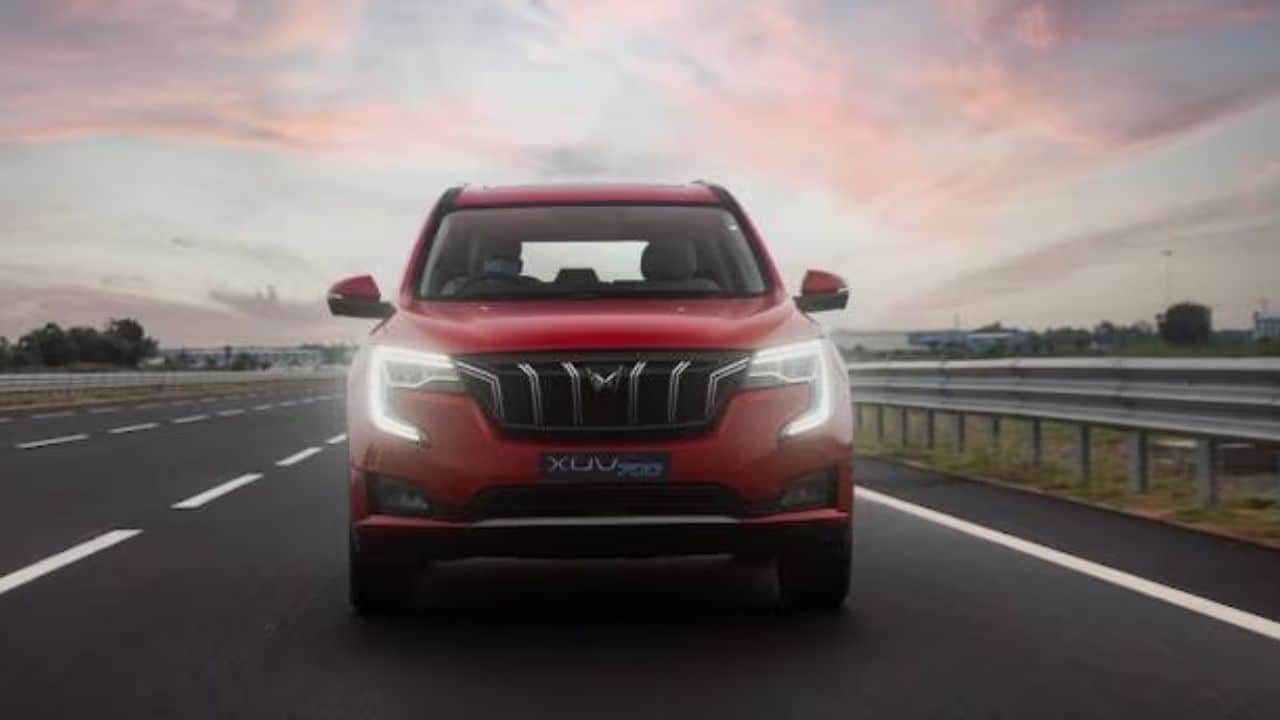Deloitte’s 2024 Global Automotive Consumer Study (GACS) India findings reveal the dynamic shift in consumer preferences in the Indian automotive sector. Almost 50 percent of Indian consumers intend to move away from Internal Combustion Engine (ICE) technology, which is proving to be a near-term challenge, and 24 percent of Indian consumers are inclined towards purchasing Hybrid Electric Vehicles (HEVs) as their preferred engine in their next vehicle.
Affordability is a critical factor influencing purchasing decisions, with 80 percent of the consumers choosing a vehicle within Rs I5–25 lakh price range. Preferences for ICE and EV engines under Rs 10–25 lakh stand at 59–58 percent, respectively. Furthermore, the consumer preference for ICE and EV vehicles in the price range of INR 10 lakh and below was 23 percent and 22 percent, respectively.
About 68 percent of respondents cited environmental consciousness and 63 percent expressed concerns about the reduced fuel expenses. Charging infrastructure plays a pivotal role, with 66 percent intending to charge their vehicles at home and 22 percent at public charging stations. Fast charging is crucial, and most consumers prefer simple traditional credit/debit card payments, signaling the need to simplify the experience using familiar payment methods.
The study underscores the need for responsible battery management, as consumers expect dedicated battery recycling companies, EV battery manufacturers, and vehicle dealers to take the lead in collecting, storing, and recycling EV batteries. While challenges such as charging time, infrastructure availability, and battery safety persist, the study indicates a prevailing consumer preference for hybrid technology while purchasing their next vehicle.
Speaking on the study, Rajeev Singh, Partner and Consumer Industry Leader, Deloitte Asia Pacific, said, “Booming economy and the changing consumer preferences indicate the leaning effect of ‘New’ cars over ‘Used’ and the willingness to invest more in connected cars. This offers original equipment manufacturers (OEMs) a prime opportunity for enhanced customer retention services. Transparency is the key—consumers are ready to pay more if OEMs guide them transparently.
Despite a positive trend in EV adoption, infrastructure remains crucial for sustainability. Consumers are eco-conscious and look to OEMs committed to sustainability. The stage is set for OEMs to lead with transparency, innovation, and a green commitment, shaping a future aligned with consumer values.”
The study highlights the maturity in automotive brand adoption, where the discerning Indian consumer is much more knowledgeable and tech-savvy to opt for qualitative features. It is environment-friendly rather than only being cost-conscious.
From a brand loyalty perspective, the top three reasons to switch vehicle brands away from a manufacturer brand family include a desire to gain access to new technology/features, trying something different and upgrading to a premium brand.
Other key emerging trends:
OEMs are looking to offer in-house insurance products, signalling a significant disruption for the traditional value chain.
About 83 percent consumers were interested in purchasing insurance directly from the manufacturer, citing “convenience” and “cost saving” over the current provider.
Connected vehicles: Safety is a key priority for India
Consumers are willing to share data and/or vehicle/Personally Identifiable Information (PII) data with the car manufacturer to receive the necessary updates for a better and safer driving experience. Indian consumers prioritise safety when it comes to connected vehicles. About 71 percent consumers were willing to pay extra for connectivity features, with 88 percent desiring updates for road safety and collision prevention, and another 88 percent seeking maintenance updates and vehicle health reporting/alerts.
New vehicle versus used car trend
Despite consumers’ interest in new and used cars, most prefer buying a new car for the next vehicle. About 77 percent consumers are willing to switch brands, citing technology features (64 percent) and a desire for something new (50 percent) as primary reasons.
OEM commitment to sustainability
Most consumers (98 percent) believe that vehicle brands must commit to sustainable practices, such as using environmentally friendly materials and a low carbon manufacturing footprint.
Younger consumers opt for vehicle subscriptions
Younger consumers are driving overall interest in vehicle subscriptions.
About 6 in 10 consumers want to give up vehicle ownership for a subscription service. Cost control, convenience, availability of vehicles, and increased flexibility are the most important factors for these consumers. Nearly 67 percent of consumers in the age group of 18–34 preferred vehicle subscriptions. However, vehicle availability, higher monthly fees, and total ownership costs are the main concerns consumers have regarding vehicle subscription services.
